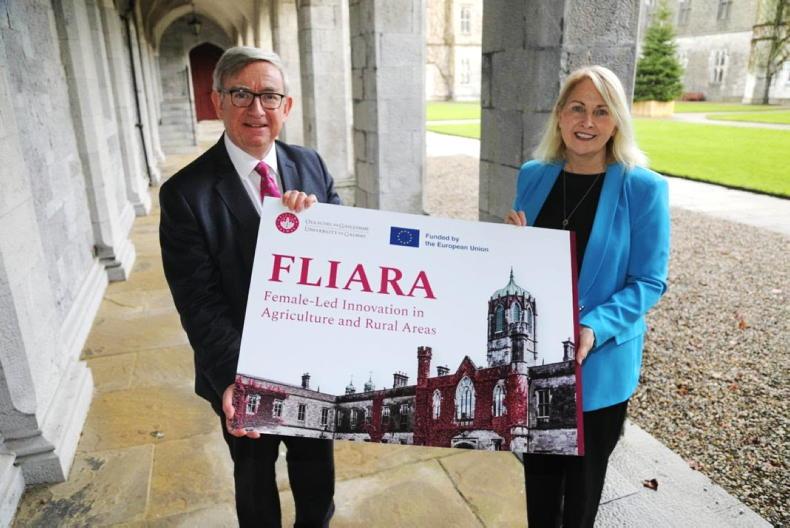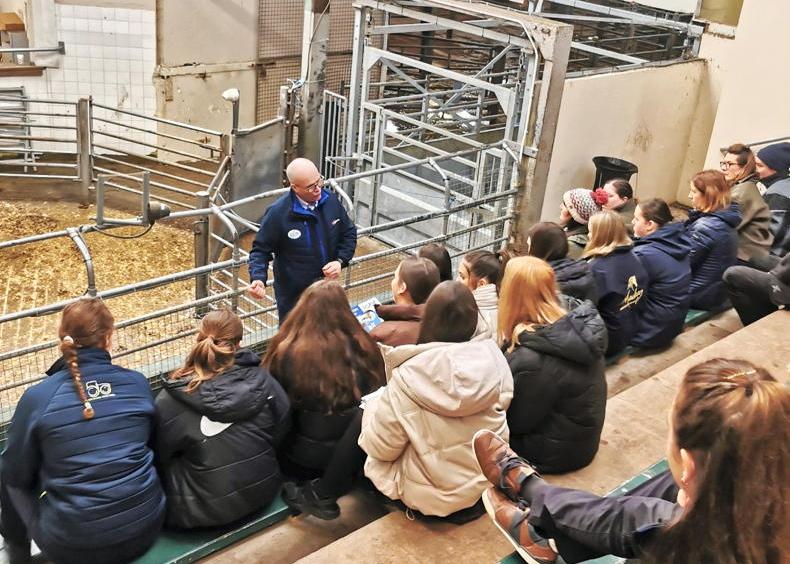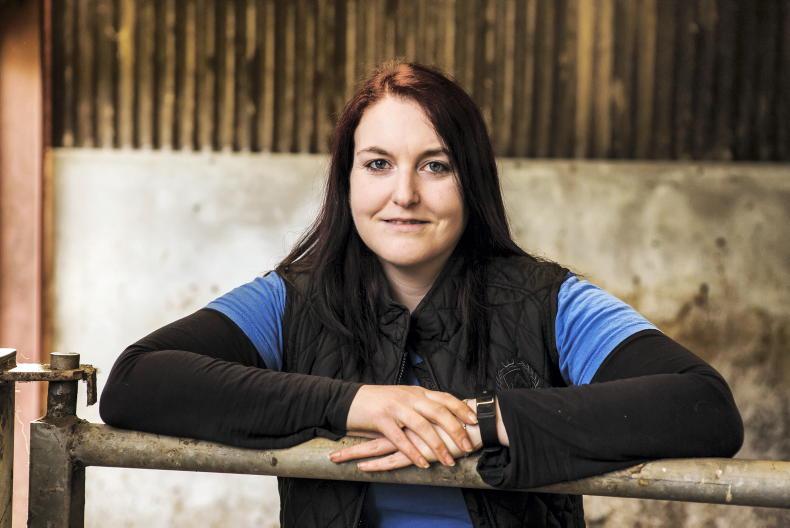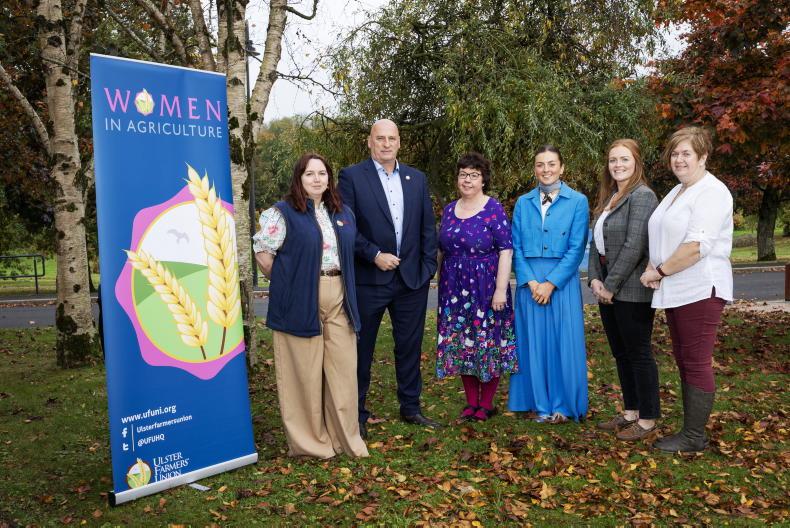Women are often the catalyst for changes on farms, Professor Maura Farrell, senior lecturer in the School of Geography, Archaeology and Irish Studies in University of Galway, told the conference.
“Women are hugely innovative when it comes to a farm, possibly that’s not making money.
“I think they’re the first people to see that the farmer is not making money and we need to make changes,” she said.
“Sometimes a man who is running a farm has inherited the farm and they can be very wedded to that productivist kind of thinking. Sometimes it takes the women to see we’re not making enough money, we need more money for children’s education or whatever, and they are the first people to put their hands up to diversify the farm,” she pointed out.
Farm diversification and organic farming are two areas that women can lead, Prof Farrell maintained, name-checking the Maximising Organic Production Systems (MOPS) project and Teresa Roche of Kylemore Farmhouse Cheese as examples.
“These are people who have already diversified. Organics in Ireland is something that is really on the cusp of a rise and again, women are very much behind that movement,” she said. However, she added that it takes supports, both family and policy, to diversify a farm.
Tangible supports
Panellist Aoife Forde, suckler farmer and Teagasc adviser, reiterated Prof Farrell’s call for tangible supports.
As part of her masters in agriculture and innovation, Forde spent time in west Kerry working on how to create enterprise and diversification opportunities on farms.
“We sat down with 50 people and we gathered over 200 different ideas. A lot [of those ideas] were from women,” she pointed out. “Women are extremely innovative and rural communities are extremely innovative.”
However she added that real, practical and tangible supports are needed to implement these ideas.
“Practical on the ground support and would really help,” Forde urged.









SHARING OPTIONS